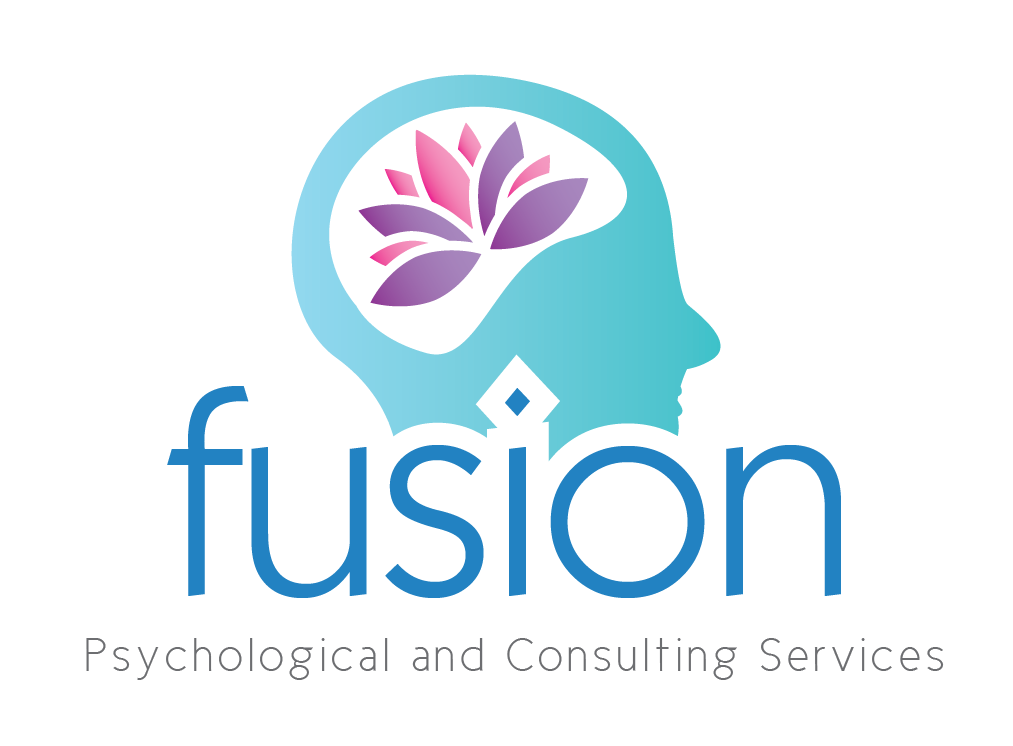workshops
Coming Summer 2025: 8-Week Intro to Mindfulness Meditation Class
This is an introduction to mindfulness meditation that is offered in a way that blends ancient wisdom practices from the East with contemporary and scientifically-backed psychological principles of cognition, emotion, behavior, relationships, and healing. This is the space where spirituality and science converge.
Research on the link between mind wandering and happiness (published in 2010) shows that most adults in the U.S. spend an average of 47% of their time lost in thought about things unrelated to what they are doing at the present moment. In other words, we, as a society, are running on autopilot. We are distracted at work and at home; we have difficulty remembering where we put our keys and our wallets; we feel anxious and maybe even threatened, when logically, we know we are safe. This decreases our capacity for happiness. For example, it’s really difficult to connect with the pleasurable sensations and emotions that might naturally arise when you are watching a beautiful sunset if you are more aware of the worries you are having about all the things you need to accomplish tomorrow before the next sunset!
More and more people, regardless of age, race, culture, SES, or gender are finding themselves depressed, anxious, stressed out, unhappy, and feeling stuck in life. None of this is our fault—it’s the society and culture we live in and the mind can often have a mind of its own, getting lost in thoughts and memories of the past or lost in dreams or worries of the future. Let me repeat that. It’s not your fault! When this happens, we become disembodied—disconnected from our bodies, our senses, and therefore, disconnected from the present moment.
Thankfully, it is possible to become unstuck—to bring ourselves out of autopilot mode and to create a life that feels more present, more intentional, more peaceful, and ultimately—what we are all craving—more joyful and loving within ourselves and within our relationships. There are time-tested and scientifically proven ways of increasing our capacity for presence through the use of formal mindfulness practices, such as meditation, and the use of informal mindfulness practices as well. Decades of research, plus centuries of anthropological evidence from around the world, tell us that the benefits to habitually practicing mindfulness are nearly limitless. Just some of those benefits include:
Increasing focus, attention, and concentration
Reducing stress,
Decreasing, or even eliminating, unhealthy levels of anxiety and depression
Cultivating calm and reducing nervousness
Improved performance (sports, performing arts, business, etc.)
Recognizing, regulating, and nurturing strong emotions
Increasing pain tolerance
Enhancing mental and emotional flexibility
Cultivating increased compassion and kindness toward others
Decreasing avoidance, escape, and harmful addictive behaviors
This workshop will consist of six 60-minute weekly sessions in person. Each week we will discuss a particular topic or theme. Classes start with a 5-minute arriving practice, followed by a 10-15 minute talk pertaining to the practice we are learning that day, followed by a 15- to 20-minute mind-body practice, ending with time for discussion, reflection, and questions. You will be asked to practice the mind-body exercises on a daily basis outside of each session. All of the meditations we will be practicing can be found on the Insight Timer Meditation app, where I have provided recordings. Click here to access my recording on the app. There are also thousands of other mediations, visualization, and helpful resources on this app. Research tells us that the amount of time we formally practice mindfulness is less important than the consistency with which we practice. Thus, it is best to practice daily, if even only for 10-15 minutes, rather than to practice for 30-45 minutes once or twice per week. I can even teach you a one minute meditation!

